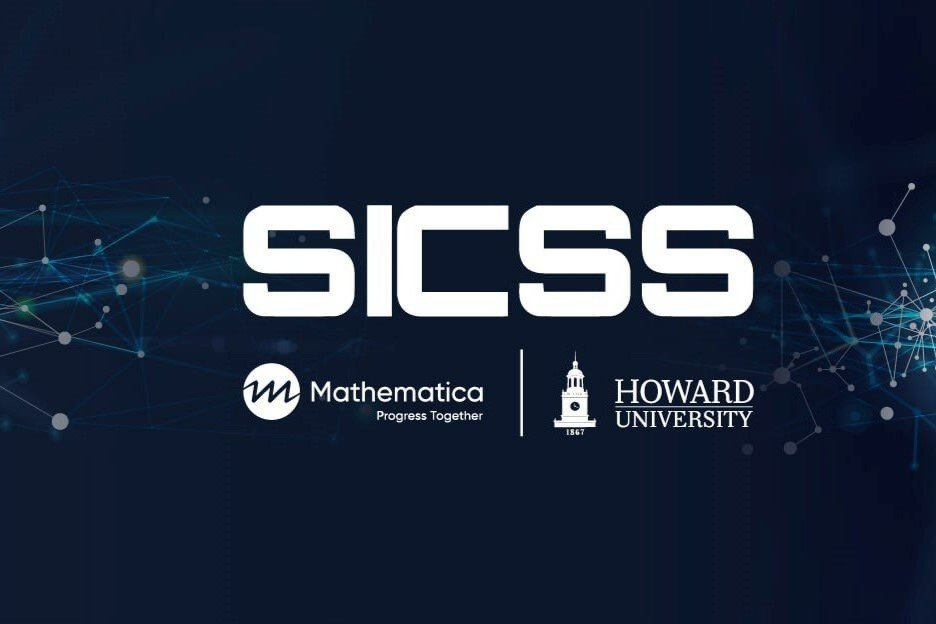The Beauty in Nurturing Communal and Liberating Forms of Computational Social Science
This blog post is the third of eight in a follow-on to our 2021 “The future of computational social science is Black” series, about a Summer Institute in Computational Social Science organized by Howard University and Mathematica. It continues to bring the power of computational social science to the issues of systemic racism and inequality in America. This marks the third iteration of the successful SICSS model being hosted by a Historically Black College or University.
Research Ethics in an Ethics-Challenged World
The public is exposed to news stories about bad academic research behavior online. How can we counter this narrative and build credibility?
Rethinking Inclusivity in Computational Social Science
This blog post is the second of eight in a follow-on to our 2021 “The future of computational social science is Black” series, about a Summer Institute in Computational Social Science organized by Howard University and Mathematica. It continues to bring the power of computational social science to the issues of systemic racism and inequality in America. This marks the third iteration of the successful SICSS model being hosted by a Historically Black College or University.
Interviews on Videoconference Platforms
There are lots of questions to consider when using videoconference platforms for scholarly interviews.
Diary Methods in a Digital World
Pen, smartphone, or computer - any way we can record thoughts can be a a means to gather data for a study using diary methods. This collection of open access articles includes studies using audio, visual, and written diaries.
How are faculty using generative AI in their classrooms?
Faculty have been incorporating generative AI within their classrooms for the past two terms, here are a few examples.
Resources for Online Interviewers
Suggestions and resources to help you collect data with online interviews.
Leveraging Data Science to Address Important Questions
This blog post is the first of eight in a follow-on to our “The future of computational social science is Black” series, about a Summer Institute in Computational Social Science organized by Howard University and Mathematica. It continues to bring the power of computational social science to the issues of systemic racism and inequality in America. This marks the third iteration of the successful SICSS model being hosted by a Historically Black College or University.
Digital Tools for Research
Throughout your research journey, leveraging digital tools can be advantageous, aiding you from initial planning to final presentation. Whether you lean towards paper-based methods or embrace a hybrid approach combining both digital and traditional tools, this blog post from Kelly Trivedy offers insights to help you explore and experiment with new tools effectively!
Elicitation Interviews: Using Photos in Online Research
Typically, interviewers are accustomed to using words: we ask questions, we prompt follow-up responses, but the same principles of visual communication are true for research exchanges. Find tips and examples in this post.
Teach and Learn with a Research Case: Mixed Methods for Studying Blogs
Let’s use this open-access research case to think through the possibilities and potential problems involved with studying blog posts and online discussions.
How to Study YouTube or TikTok Videos
Researchers can easily access user-generated public videos. See this multidisciplinary collection of open access articles about quantitative and qualitative approaches to collecting and analyzing videos from YouTube or TikTok.
Decolonization, Technology, and Online Research
Decolonizing research methods means rethinking how we look at participants and problems. In the digital world there are even more ways the European West exerts cultural, economic, and political control. At the same time, the digital world allows researchers to conduct studies across the distances.
How to Use Digital Storytelling
Storytelling has been a part of our shared life since the beginning of time. Story-based research approaches are especially valuable when studying sensitive issues or collecting data with vulnerable participants. In today’s digital world we have new ways to share and collect stories in a research context.
How to study #hashtags
Hashtags offer online researchers ways to identify popular topics, trace viral messages, and locate influential thought leaders. Learn more about how researchers use hashtags with this multidisciplinary collection of open access articles.
Teach and Learn with a Research Case: Understanding Online Discussions of Key Public Health Issues Using a Mixed-Methods Approach
Let’s use this open-access research case to think through the possibilities and potential problems involved with studying blog posts and online discussions.
Collect Data on Social Media
From the moment social media platforms began to welcome user-generated content, researchers have looked for ways to study it. Learn more with open-access articles about social media platforms.
Think Before You Share: Navigating Power Hierarchies and Decoloniality in Research
Co-authors share about a topic of decolonial research, privilege, and ethics. They write this piece in two parts, narrating their understanding of the experience and how it relates to power hierarchies and researcher responsibility.
Research questions: Insider/Outsider perspectives
Do you think about research questions as an insider, outsider, or somewhere in between? Why is positionality important in online research?
Anonymizing Qualitative Data
Qualitative researchers often collect very personal data, whether in interviews or in narratives, diaries, or other records that depict their experiences. One way to protect their identities is by changing their names, and anonymizing the data.


















